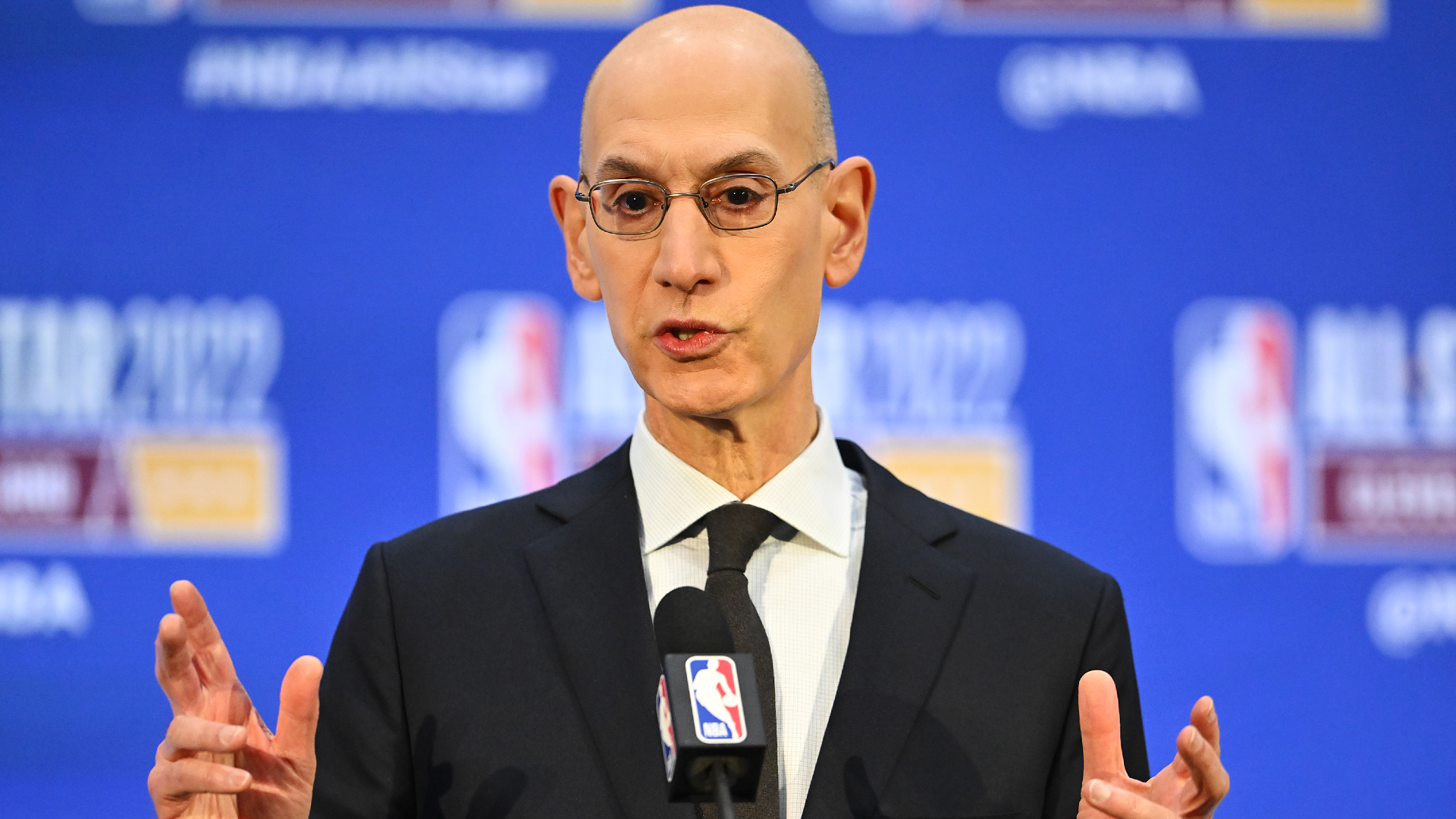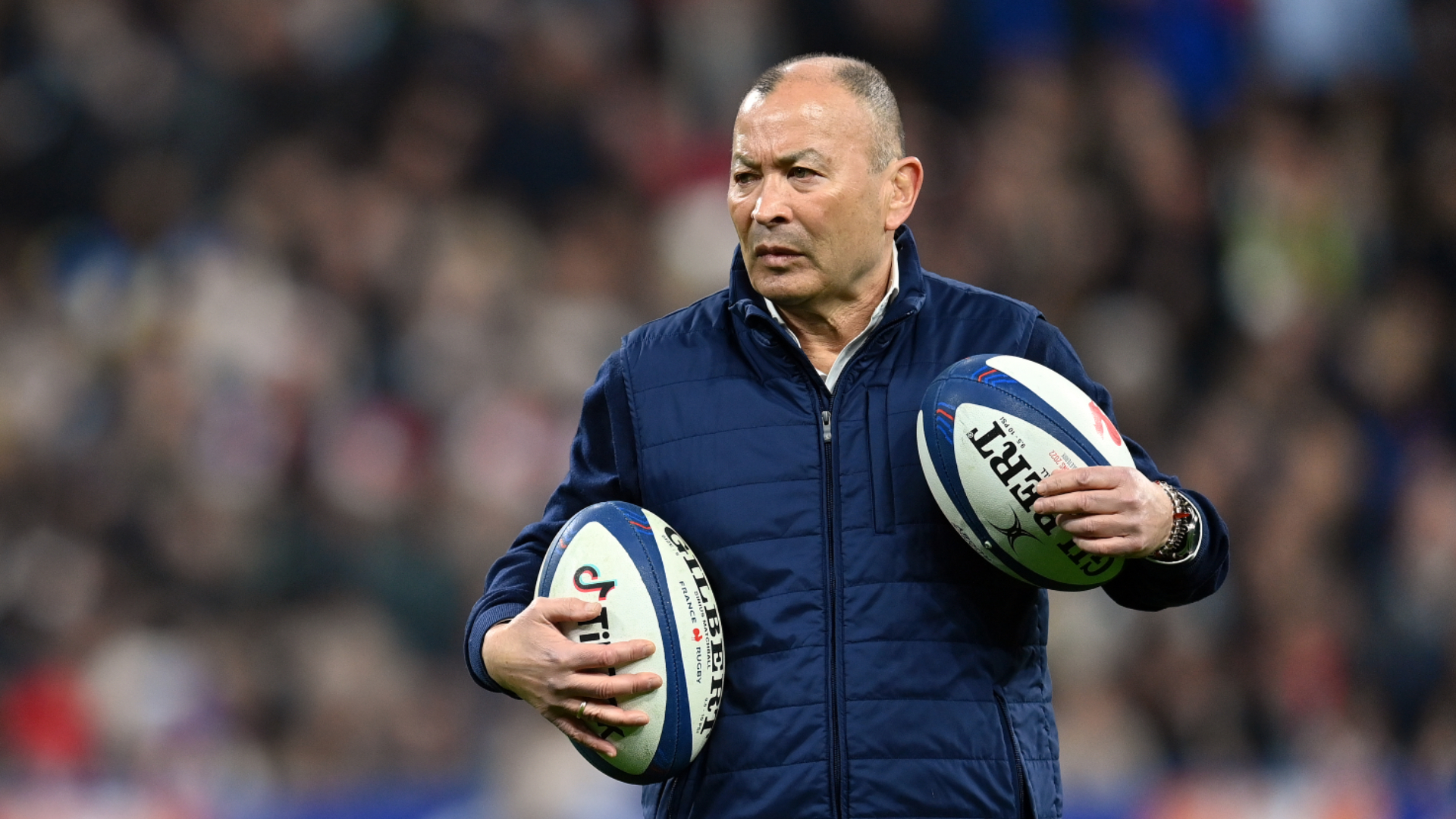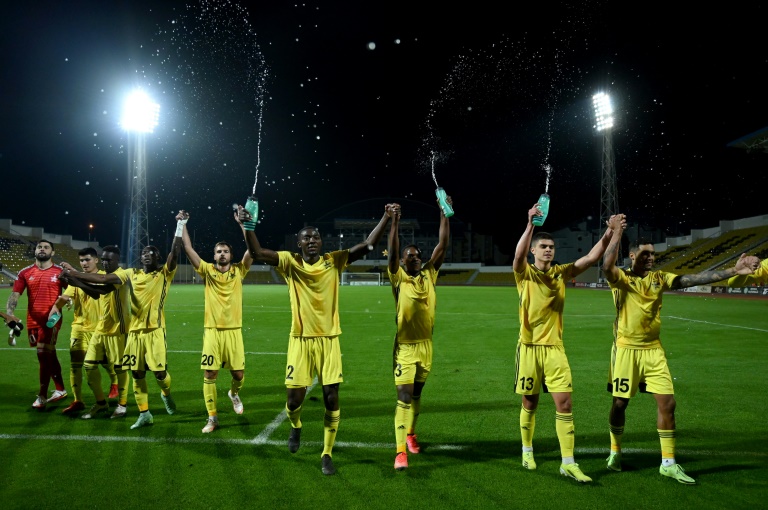
NBA commissioner Adam Silver has defended his decision to not impose a lifetime ban on Phoenix Suns owner Robert Sarver following the outcome of an independent investigation into his tenure with the franchise.
The scathing 43-page report found Sarver was known to make a number of inappropriate comments to women in the workplace – including discussing oral sex at a business meeting as recently as 2021 – as well as repeating the n-word on five occasions in situations he claimed he was “recounting the statements of others”.
There is precedent for forcing an owner to sell his team, with former Los Angeles Clippers owner Donald Sterling receiving a lifetime ban from the league in 2014 – barring him from owning a team, entering the Clippers facility, and ever attending an NBA game.
Instead, Sarver was issued with a $10million fine and one-year suspension, in a ruling that caused superstar LeBron James to come out and tweet “our league definitely got this wrong”.
But when addressing the media following Wednesday’s meeting with the Board of Governors, Silver said they were very different situations, and that Sarver’s comments were “wholly of a different kind than we saw in the [Sterling] case”.
That outlook comes from the authors of the investigative report concluding that Sarver’s behaviour was not the result of “racial or gender-based animus”, giving him the benefit of the doubt with what they describe as his “sophomoric” sense of humour and desire to provoke.
“I think all of us would want to be judged by the totality of all we’ve done, good and bad,” Silver said.
“His track record of hiring, his track record of support for particular employees. There were many, many people who had very positive things to say about him. I took all of that into account.”
Silver repeatedly defended the 60-year-old real estate developer, saying he had taken “complete accountability and seemed fully remorseful” during a recent conversation, and asserting that he had done “many very positive things” during his time as owner of the Suns.
When asked why Sarver should be allowed to retain ownership of the team when any other employee would surely be fired, Silver highlighted the difficult process of actually removing an owner, and implied that the hit to Sarver’s reputation is a punishment in itself.
“There are particular rights here for people who own an NBA team,” he said.
“There’s no neat answer here. Owning property, the rights that come with owning a team, how that’s set up within our constitution… is different than holding a job. It just is, when you own a team. It’s just a very different proposition.
“The consequences are severe here for Mr. Sarver, reputationally. It’s hard to even make those comparisons to somebody who commits an inappropriate act in the workplace in an anonymous fashion, compared to what is a huge public issue.
“In terms of future behaviour, he’s on notice. He knows that.”
In a statement on Tuesday, Sarver said he disagrees “with some of the particulars of the NBA’s report”.








